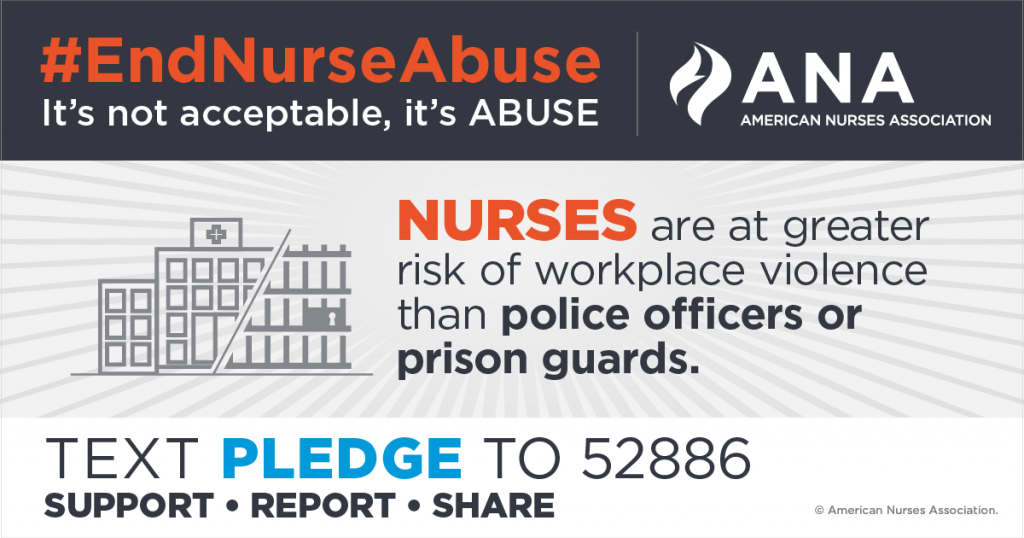As the push for tax reform on Capitol Hill moves forward, President Trump continues his misguided calls to repeal the Affordable Care Act’s (ACA) individual mandate as part of the final package. Unfortunately, he isn’t alone.
Despite Congress’s repeated failure to replace the ACA, some Republicans in both the House and Senate still seem convinced that the missing tax reform ingredient is a provision that the Congressional Budget Office (CBO) has estimated would result in 13 million Americans losing coverage, and an overall increase in premiums for health care consumers nationwide.
Experts who have analyzed the ACA have repeatedly found that without the mandate, the health care system the bill implemented simply would not work. With the mandate in place, those who might otherwise be less likely to obtain coverage – such as young adults and those who currently enjoy good health – are incentivized to get covered. This in turn leads to lower premiums across the board by offsetting costs for sicker patients.
Despite the harm this policy proposal would inflict on health care consumers, any serious consideration of the individual mandate repeal is more likely fueled by the fact that the Republican base is dissatisfied with the President and Congress’s inability to advance their overall legislative agenda, perhaps most notably when it comes to health care.
The proposal to repeal the individual mandate is all the more puzzling given recent news that the two week-old Open Enrollment period has seen a surge in consumers signing up for or renewing their health coverage via the federal marketplace, despite the Trump administration’s refusal to adequately promote it. Moreover, voters in Maine voted last Tuesday to expand Medicaid and help an estimated 70,000 low-income residents obtain coverage. These are just the latest indications that voters overwhelmingly support policies that increase access to care, rather than reduce it.
When it comes to the individual mandate and health care reform in general, we continue to urge Congress to listen to nurses when considering the best way to move forward on transforming America’s health care system. Join us and add your voice by clicking here.


